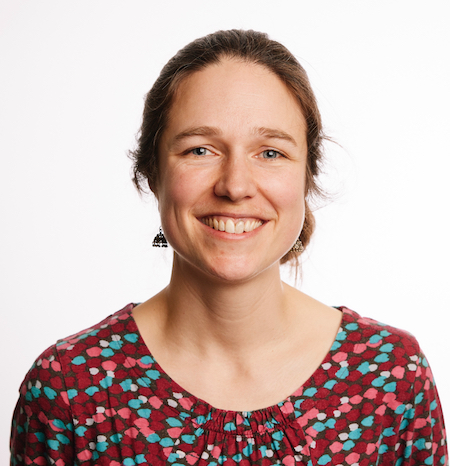The annual production of hydrogen is over 90 million tonnes, with > 96% generated from fossil fuels (mostly by steam methane reformation of natural gas) releasing large quantities of CO2 as a by-product. Electrochemical water splitting technologies offer an important alternate platform to produce clean and sustainable hydrogen from surplus renewable energy. Central to these technologies is the development of cost-effective materials with appropriate properties for driving the underlying electrochemical reactions.
In this talk, we examine current state-of-the-art electrocatalysts employed in such water splitting technologies. Focusing on proton exchange membrane water electrolysers (PEM-WE), we will explore the limitation of commercial precious-metal based catalysts and present our recent work towards lowering the catalyst precious-metal content. Specifically at the anode, we will discuss our recent work developing cost effective, active, and stable catalyst supports that enable a reduction in iridium loadings. We will also discuss our work exploring lower-precious metal oxide catalysts such as pyrochlores. Throughout the work we utilise extensive materials characterisations towards unfolding structure-activity and structure-stability relationships.
Biography

Dr Laurie King is a Materials Chemist developing economic and sustainable materials for energy technologies. Dr King’s research group focuses on the design and testing of electrocatalysts and supports utilising and developing methodologies for advanced materials synthesis, electrochemical analysis, and materials characterisation. The ultimate emphasis is on uncovering a feedback loop for future catalyst design through the identification of structure-property-performance relationships. Current projects are focused on green hydrogen generation through water splitting, sustainable synthesis of critical chemicals via carbon dioxide reduction and hydrogen peroxide generation, as well as electrochemical ammonia synthesis.
Laurie completed her PhD at Imperial College London which focussed on the synthesis, fabrication and characterisation of sensitised solar cells. After her PhD, Dr King moved to work as a Postdoc at the University of Wyoming with Professor Bruce Parkinson developing model quantum dot systems and dye sensitized single crystals for solar energy harvesting. In 2015, Dr King moved to Stanford University working with Professor Thomas Jaramillo, to investigate the design, synthesis and characterisation of photoelectrochemical devices for water electrolysis and fuel cell technologies. In 2017, Dr King was promoted to Research Engineer within the SUNCAT Research Center where she led a subgroup focused on the design of catalysts for fuel cells and electrolysers. In September 2019 Dr Laurie King joined Manchester Metropolitan University as a Senior Lecturer in the Chemistry Department and Manchester Fuel Cell Innovation Centre where she now leads her research group.
View a recording of the talk below:




